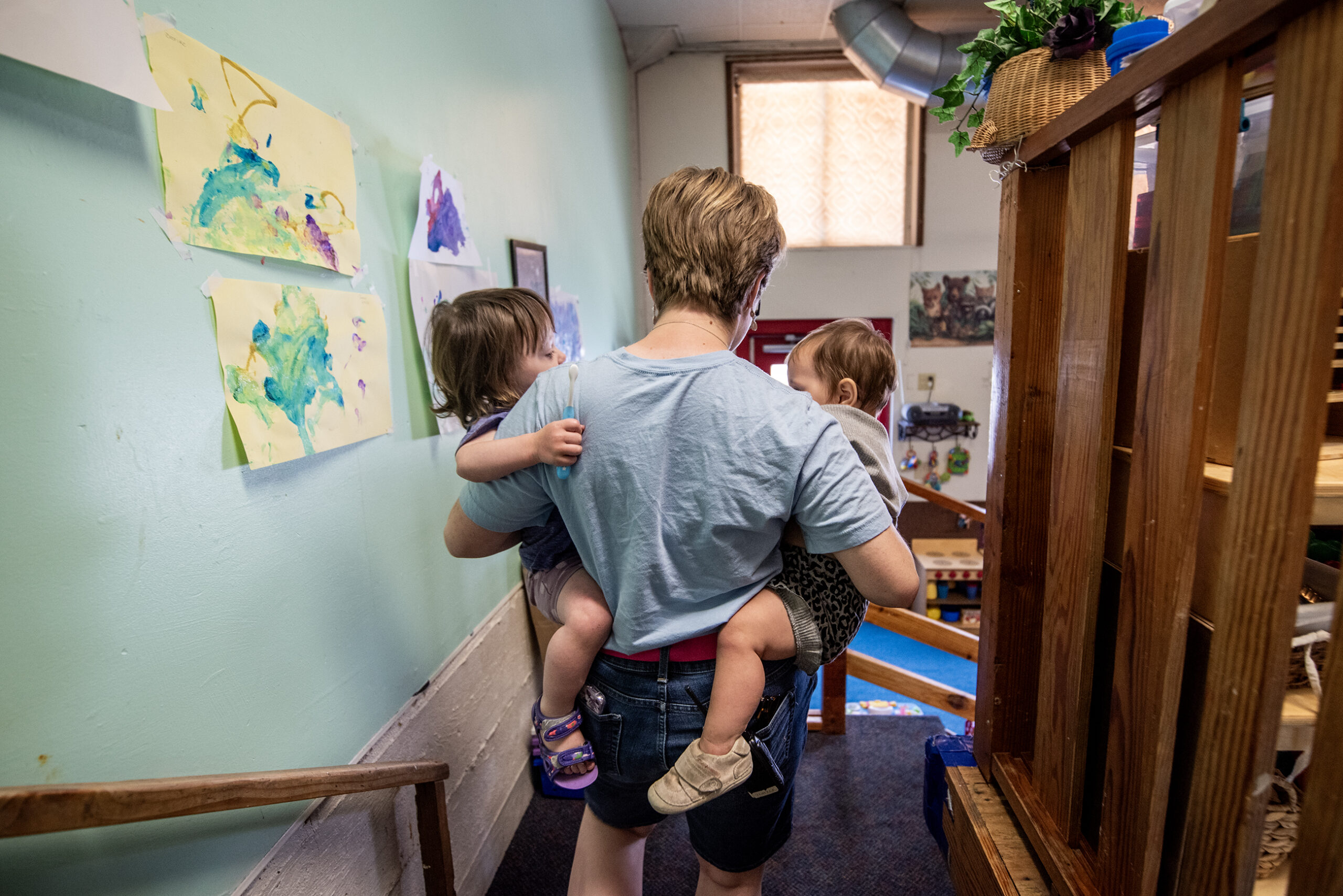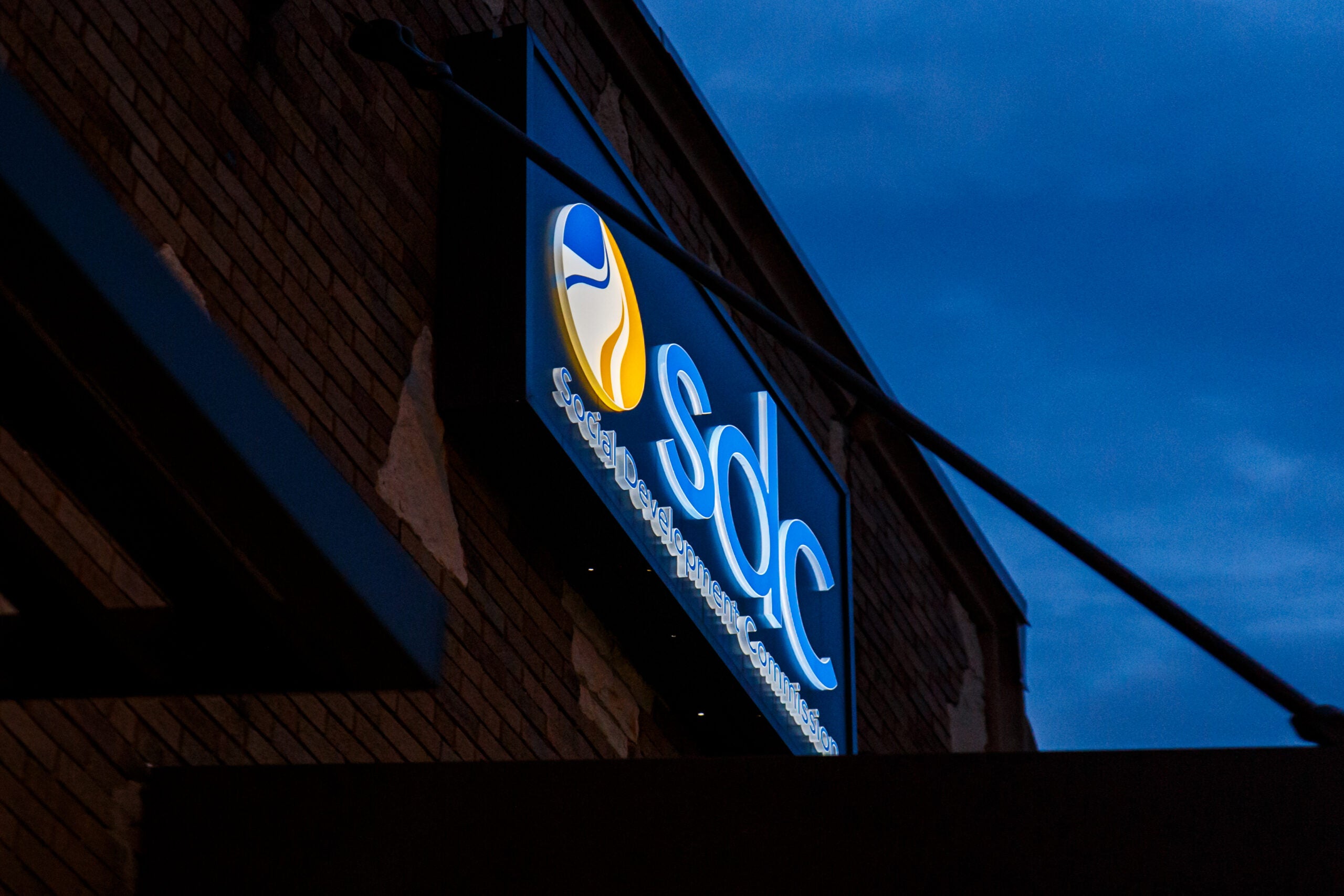A child advocacy group says programs designed to help disadvantaged children aren’t enough, and those efforts should go hand in hand with those supporting their parents.
A new report from the Annie E. Casey Foundation calls for “a two-generation approach” so as to help those in need. Basically, this means better coordinating employment help for parents with education and child care for their children. This isn’t just through government programs, but through changes in the private sector, such as establishing paid sick days so parents don’t lose income when they have to miss a day of work.
Ken Taylor, executive director of the Wisconsin Council on Children and Families, said there are many factors at play in these situations and efforts need to deal with these issues.
News with a little more humanity
WPR’s “Wisconsin Today” newsletter keeps you connected to the state you love without feeling overwhelmed. No paywall. No agenda. No corporate filter.
“We need to look at businesses to make sure that they are paying family supporting wages and giving families the flexibility that they need to do what they need to do as parents. There are important roles for the public sector, certainly, but also non-profit sector and faith communities and individuals. So, we all have to play a role,” Taylor said.
In Wisconsin, 20 percent of those under age 18 live in poverty. The report cites the Earned Income Tax Credit as one of several ways to potentially break the cycle of poverty. It reduces the amount of tax a low income worker owes and may also give a refund.
Wisconsin reduced its Earned Income Tax Credit in 2011 and also weakened a credit which help low-income residents with rent and mortgage expenses.
Wisconsin Public Radio, © Copyright 2025, Board of Regents of the University of Wisconsin System and Wisconsin Educational Communications Board.







